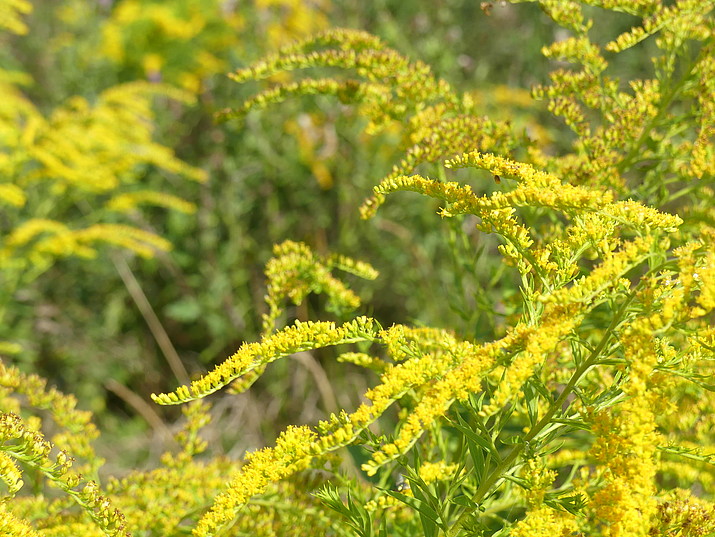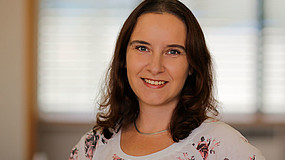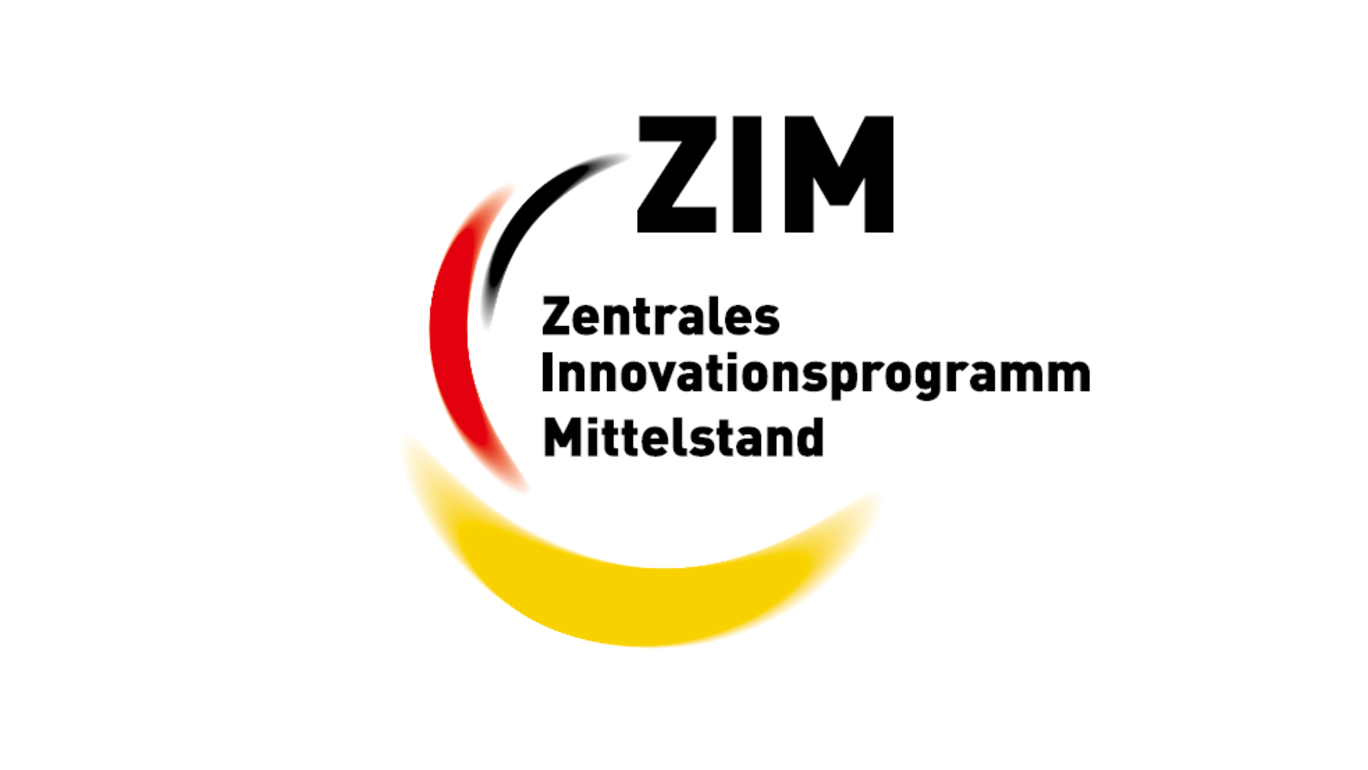Development of a natural fiber-reinforced plastic for use as injection molding granules together with Peiler & Klein Kunststofftechnik GmbH

The aim of the BioString project is to develop an innovative biodegradable natural fiber-reinforced plastic (NFRP), which is to be used as granules in injection molding plants.
To reinforce the plastic, the researchers of the BioString project, which is funded by the Zentrale Innovationsprogramm Mittelstand (ZIM) (Central Innovation Program for SMEs (ZIM)), are using fibers from goldenrod. This plant is a fast-spreading species native to North America that is displacing native species. Landscape management measures are necessary to stop the spread of goldenrod. Furthermore, the plant is cultivated for medicinal purposes, but is not completely usable for this purpose. Thus, both landscape management and cultivation produce otherwise unused biomass of goldenrod, which can be used for fiber production.
First of all, the research team is developing the methodology and technology for extracting goldenrod in a way that is optimally adapted to industrial requirements and for processing its fibers. The next step is to test various formulations of the biobased and biodegradable plastic and its proportion in the fiber-plastic mixture. This plastic content should be reduced to a minimum and, in the best case, should amount to less than half of the total mass of the composite. The resulting increase in the proportion of natural fibers is intended to make the NFRP even more sustainable.
The granulate subsequently produced from the fiber-plastic mixture will be processed in an innovative injection molding process, also to be developed in the BioString project, with a new type of metering system that produces an optimum ratio between natural fibers and plastic.
Consideration of the recycling of the products at the end of their life also plays a central role in the BioString project: in addition to investigating the biodegradability of the fiber plastic, the researchers are developing a marker for the plastic reinforced with fibers from goldenrod, which will serve to identify it as NFRP in waste sorting plants.


